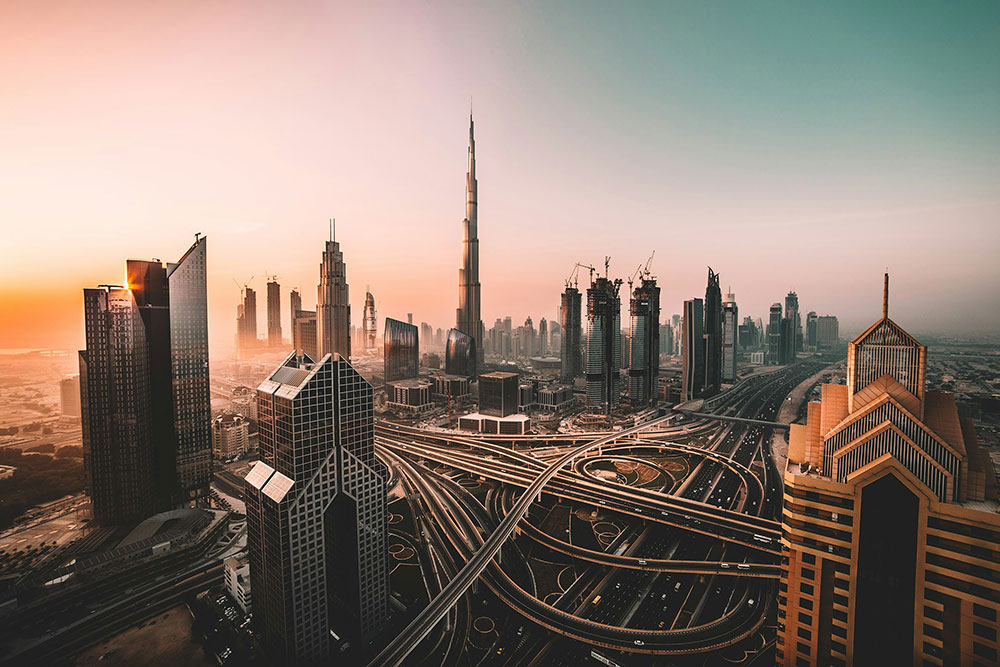Since the pandemic, Dubai has not only recovered — it has surged ahead. Property prices have climbed, rental yields have outpaced global benchmarks, and the city has reasserted itself as one of the most attractive destinations for investors worldwide. But beneath the headlines, a deeper transformation is underway.
“Covid changed the way people look at real estate,” says Axel Goetz, a UAE property developer who has been active across multiple landmark projects. “Buyers and investors are no longer chasing the cheapest square meter. They’re asking about quality of life, environmental impact, and long-term value. That’s where the real demand is.”
From Quantity to Quality
Dubai’s early growth was often defined by speed — how quickly new towers could rise, how many units could be delivered. The post-COVID era is different.
Goetz points to the surge in premium and ultra-premium developments as proof of the shift. “Projects that emphasize superior design, energy efficiency, and community integration are consistently achieving the strongest returns,” he explains. “The market has matured, and the rewards now go to developments that combine ambition with responsibility.”
The Sustainability Imperative
Another striking change is the role of sustainability. Once considered a secondary feature, it is now central to Dubai’s real estate strategy. Developers are experimenting with green building technologies, advanced cooling systems, and layouts that encourage walkability and reduce car dependency.
Goetz sees this as more than compliance. “It’s not just about ticking a box for regulators. Sustainability is a financial advantage. Environmentally friendly projects not only sell faster — they hold their value better over time.”
A Global Magnet for Capital
Post-Covid, Dubai has become even more of a global safe haven. Investors from Europe, Asia, and Africa are pouring into the city, drawn by political stability, attractive yields, and the government’s progressive policies on residency and business.
“Every time global uncertainty rises, Dubai becomes more attractive,” Goetz says. “And when those investors arrive, they are increasingly selective. They’re choosing projects that combine prestige with purpose.”
Returns with Responsibility
The strongest returns, according to Goetz, come from projects that align with this new philosophy: high-quality developments with lasting value, rather than speculative builds. “The irony is that by aiming higher — with better design, better sustainability, better integration — you not only build a stronger city, you also deliver better returns. That’s the new equation shaping Dubai’s skyline.”






